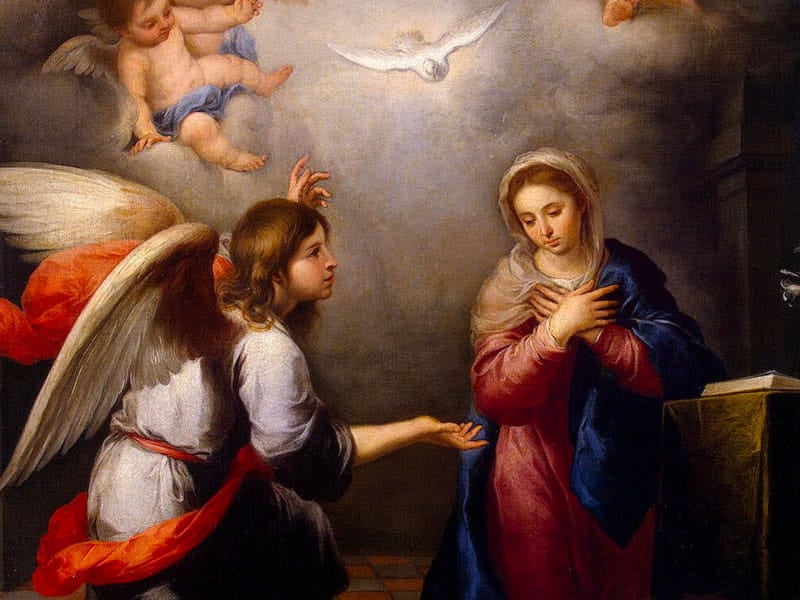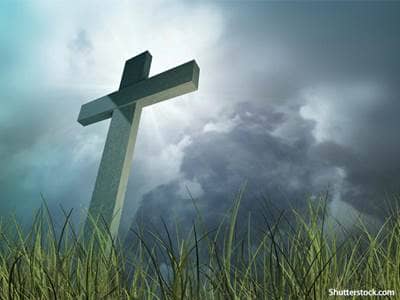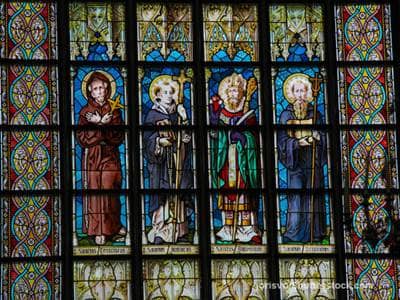Annunciation of the Lord

The feast of the Annunciation goes back to the fourth or fifth century. Its central focus is the Incarnation: God has become one of us. From all eternity God had decided that the Second Person of the Blessed Trinity should become human. Now, as Luke 1:26-38 tells us, the decision is being realized. The God-Man embraces all humanity, indeed all creation, to bring it to God in one great act of love. Because human beings have rejected God, Jesus will accept a life of suffering and an agonizing death: “No one has greater love than this, to lay down one’s life for one’s friends” (John 15:13).
Mary has an important role to play in God’s plan. From all eternity God destined her to be the mother of Jesus and closely related to him in the creation and redemption of the world. We could say that God’s decrees of creation and redemption are joined in the decree of Incarnation. As Mary is God’s instrument in the Incarnation, she has a role to play with Jesus in creation and redemption. It is a God-given role. It is God’s grace from beginning to end. Mary becomes the eminent figure she is only by God’s grace. She is the empty space where God could act. Everything she is she owes to the Trinity.
She is the virgin-mother who fulfills Isaiah 7:14 in a way that Isaiah could not have imagined. She is united with her son in carrying out the will of God (Psalm 40:8-9; Hebrews 10:7-9; Luke 1:38).
Together with Jesus, the privileged and graced Mary is the link between heaven and earth. She is the human being who best, after Jesus, exemplifies the possibilities of human existence. She received into her lowliness the infinite love of God. She shows how an ordinary human being can reflect God in the ordinary circumstances of life. She exemplifies what the Church and every member of the Church is meant to become. She is the ultimate product of the creative and redemptive power of God. She manifests what the Incarnation is meant to accomplish for all of us.
-
St. Adalbert of Prague (956-97)
-
St. Oliver Plunkett (1629-1681)
-
St. Agatha (d. 251?)
-
St. Agnes (d. 258?)
-
St. John Francis Regis (1597-1640)
-
St. Maria Goretti (1890-1902)
-
Blessed Adolph Kolping (1813-1865)
-
St. Adrian of Canterbury (d. 710)
-
St. Anthony of Padua (1195-1231)
-
Sts. Pontian and Hippolytus (d. 235)


